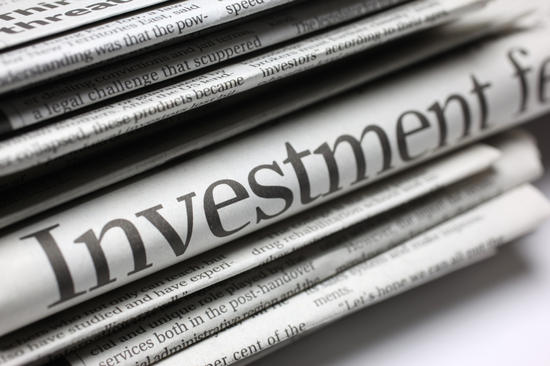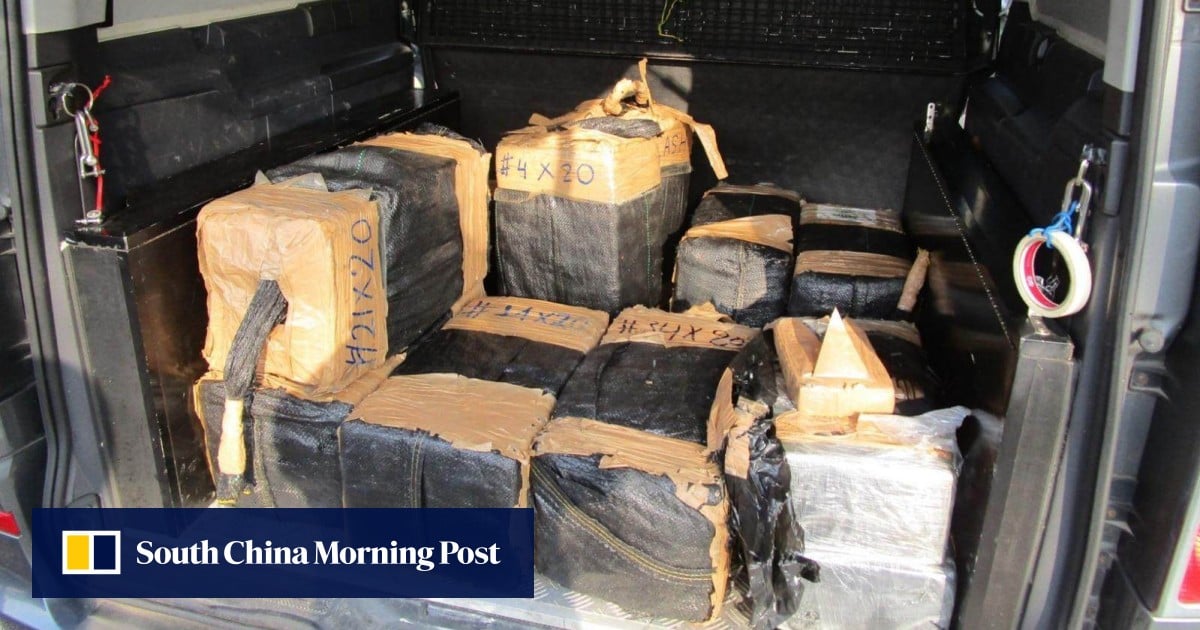This article first appeared on GuruFocus.
UOB’s $1.3 billion exposure to Shimao Group’s (SHMAY) luxury Beacon Peak development in Hong Kong is starting to look more like a liability than a lending success. The Singapore-based bank is extending the loan’s maturity by another three years, after quietly failing to sell it to private credit funds including Davidson Kempner and Ares Management. The loan was initially due September 30 and is backed by a glitzy 332-unit residential tower near Kowloon Tongwhere only 17 units have been sold since the January launch. Those sales ranged between HK$13.4 million and HK$37 million, with the most recent 1,555 sq. ft. unit going for HK$32.3 million.
Management’s strategy, for now, appears focused on buying time. UOB took over the facility in 2022 from other lenders and is now the sole claimant on one of Shimao’s key offshore assets, which sits at the center of its broader debt restructuring. According to sale terms, proceeds will first go toward covering principal, interest, and related project feesleaving unsecured creditors, including bondholders, to wait in line. Despite early interest from distressed credit buyers, the bank ultimately chose not to crystallize a loss through a discounted sale, opting instead for a slow-drip recovery via property sales.
This isn’t an isolated case. Hong Kong’s property correction is forcing lenders to recalibrate. Last month, Emperor International secured an extension on HK$16.5 billion of overdue loans, while New World Development locked in HK$88.2 billion in fresh financing after months of negotiations. In this market, kicking the can may be less a tactic and more a necessity. For investors watching Hong Kong’s debt-laden real estate sector, the Beacon Peak saga may be just one chapter in a longer book.


